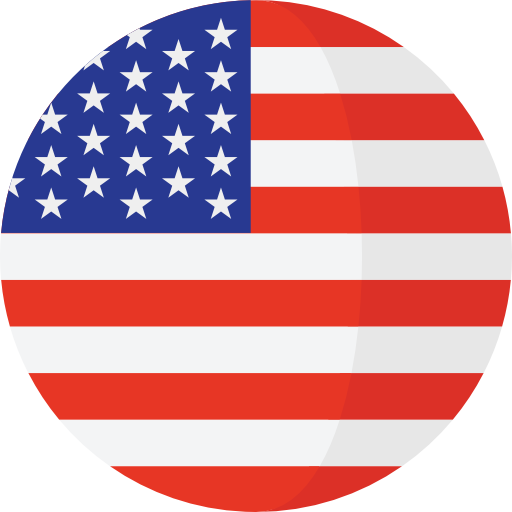Explore the captivating history of karaoke, from its humble beginnings to its global impact.
The History of Karaoke: A Musical Journey
by: Best Karaoke
In the vast universe of music, karaoke stands out as a unique form of entertainment that transcends cultural boundaries. From its humble beginnings in Japan to becoming a worldwide sensation, karaoke has allowed people of all backgrounds to connect with music in an engaging and personal way. In this article, we explore the fascinating history of karaoke and its remarkable inventor, Daisuke Inoue, whose vision transformed the way people interact with music.
Daisuke Inoue: The Pioneer of Karaoke
Daisuke Inoue, born in 1940 in Osaka, Japan, was a musician and visionary entrepreneur. His inspiration for karaoke came when he noticed the strong desire of people to sing along with songs, regardless of their musical abilities. In response to this, Inoue developed the first karaoke system, known as the "8 Juke," in the early 1970s. Unlike traditional jukeboxes, which played only recordings of professional singers, Inoue's invention provided instrumental tracks that allowed anyone to take center stage and perform.
Though Inoue did not patent his invention, his creation quickly spread throughout Japan, marking the birth of a cultural phenomenon that would soon captivate the entire world.
The Karaoke Revolution of the 1980s
By the late 1970s and early 1980s, karaoke machines began appearing in bars, restaurants, and entertainment venues across Japan. Inoue's innovation had become increasingly accessible, and the rise of karaoke clubs—dedicated spaces where people could sing with friends—fueled the growing popularity of this interactive entertainment. Karaoke offered an escape from everyday life, allowing people to express themselves through music, regardless of their level of expertise.
The boom of karaoke in Japan soon caught the attention of other countries, and by the mid-1980s, karaoke had crossed the seas, making its way to Asia, the United States, and beyond. It became a staple of nightlife culture, offering a fun and social way for people to come together and share their love of music.
Global Expansion and the Digital Revolution
The global popularity of karaoke continued to soar throughout the 1990s and early 2000s, fueled by technological advancements. The introduction of DVDs and specialized karaoke software allowed for a broader selection of songs and more personalized experiences. Home karaoke systems became increasingly popular, giving music lovers the ability to enjoy karaoke in the comfort of their own homes.
In the digital age, the internet has revolutionized the karaoke experience even further. Online platforms and apps now enable users to record and share their performances with audiences around the world. Social media, in particular, has turned karaoke into a global phenomenon, allowing singers to connect with fellow enthusiasts and gain recognition for their talents.
The Lasting Legacy of Karaoke
Today, karaoke is an integral part of global entertainment culture. Whether in bustling nightclubs, cozy bars, lively parties, or through apps on mobile devices, karaoke has a universal appeal that continues to inspire and entertain people of all ages. It remains a popular activity that unites friends, families, and even strangers through the shared joy of music.
Daisuke Inoue's legacy as the visionary behind karaoke is clear in the way this unique form of musical expression has brought people together across the globe. What started as a simple desire to let people sing along with their favorite songs has blossomed into a worldwide phenomenon that shows no signs of slowing down.
As the journey of karaoke continues, may it keep inspiring and uniting music lovers across the planet, one song at a time.

